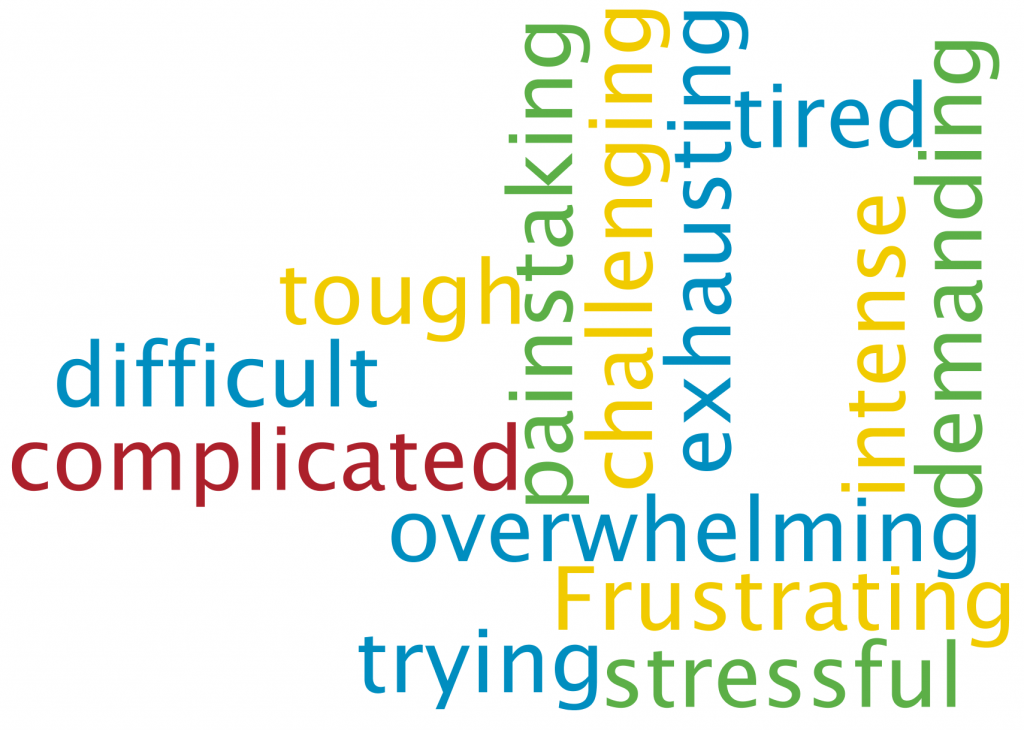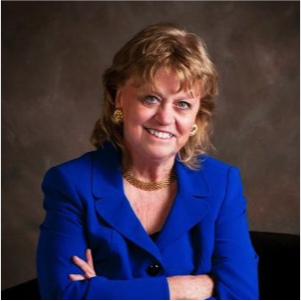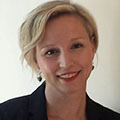A Patient Advocate Speaks Out (Part 2 of 3): Time for Action
In Part One of our three-part series, A Patient Advocate Speaks Out, Betty Tonsing shared the story of the death of her husband, caused, in part, by preventable infections and improper care.
“Every year 100,000 people die as the result of infections contracted while in the hospital,” she said. “Another 300,000 die from unintentional medical harm. That is the equivalent of about two jumbo jets crashing every day. If that really happened, would you fly?”
Now, she wants to help others improve and navigate the healthcare system so tragedies, like the death of her husband, don’t happen again. So Betty didn’t just speak out, she took action.
“In order for this issue to be taken seriously and to demonstrate that I was not alone with either my anxiety or my anger . . . I felt it was important to include a survey. . . This was critical to give voice to those who are also patient advocates but feel they are either alone or no one will listen,” she writes in her book, Stand in the Way: Patient Advocates Speak Out.

She developed a questionnaire that included 35 questions and captured personal narratives. After seeking feedback from a committee of advisors of health and medical professionals, educators and researchers and social service providers, she distributed it via social media and national patient advocacy organizations.
More than 250 people responded. The complete results are included in her book. Some key results are as follows:
- Forty six percent (46%) of the respondents work at least 40 hours a week.
- Fifty percent (50%) of the respondents were advocating for a parent.
- Thirty four percent (34%) of the parents were aged 81–90 years old, whereas 45% of the advocates were 51–60 years old.
- Thirty two percent (32%) felt that medical staff to some degree supported and respected their role as an advocate.
- Seventy seven percent (77%) said their feelings and concerns were heard and valued.
- Fifty percent (50%) said that nursing staff provided the greatest support and 41 percent (41%) said the doctors gave them the greatest resistance.
- Seventy three percent (73%) said their mental health suffered as advocates.
- Seventy one percent (71%) experienced great mental stress
- Sixty eight percent (68%) were tired much of the time
- Sixty percent 60% found less time to do things for themselves
- Fifty seven (57%) had difficulty sleeping
The top three greatest concerns as an advocate included:
- Use of medications
- Lack of compassion
- Medical incompetence of nursing and/or doctor staff
The most common words that came to mind when thinking about their experiences as advocates:
Frustrating, trying, challenging, difficult, demanding, intense, tough, complicated, stressful, overwhelming, exhausting, tired, painstaking

Overwhelmingly, respondents said that extra support would have helped them during their role as an advocate—support for family dialogue, from facilities, from other advocates and for transitions from one place of care to another.
The data indicates that advocates are under great stress, often work full time and don’t always feel that their loved one is receiving professional, compassionate care. They also crave support services that connect them to groups and resources designed to help them advocate for their loved ones while caring for their own well-being.
At the end of the survey, Betty asked respondents to provide any final thoughts. Here, in their own words, are some for healthcare professionals and advocates to consider:
“Everyone should have a medical care advocate. I would not let my loved ones go to the hospital without one.”
“Caregiving is expensive. There are people who have given up great jobs to share a one-bedroom apartment and a welfare check with an aging disabled relative.”
“Patients whose families cannot provide an advocate/monitor 24/7 often suffer as a result.”
“I am thankful that, for the most part, all of the caregivers and medical personnel who have interacted with my family member have been wonderful. I wish we could get these caregivers the proper amount of pay for the work and care they give to people.”
Betty hopes that others will use this information to make quality improvements in our healthcare delivery system so that patients and their advocates feel emboldened and knowledgeable enough to speak out effectively for better care.
In part three of this series, A Patient Advocate Speaks Out, we will sample personal stories and advice shared by twenty of the advocates who completed the survey.

Betty K. Tonsing, Ph.D., CFRE
Tonsing is an accomplished researcher, writer, senior executive manager and visionary change agent. She is a front-line advocate for patient safety, wellness and prevention. As an educator and international development specialist, she worked in Africa, Central Asia and the Middle East for 13 years. She is a passionate advocate for healthcare reform and regards access to dignified, affordable and medically-sound hospitalization and long-term care as a matter of economic and social justice and good business sense. Learn more about her work at www.patientadvocatesspeakout.com
Are you a patient advocate? Betty invites you to participate in her follow-up survey to share how you think advocates can help reduce or minimize medical errors and hospital infections.
Take the survey here.
Contracted by the Centers for Medicare & Medicaid Services (CMS), atom Alliance works with healthcare providers to reduce hospital readmissions, prevent HAIs and eliminate ADEs. Learn more at www.atomAlliance.org.




